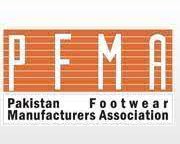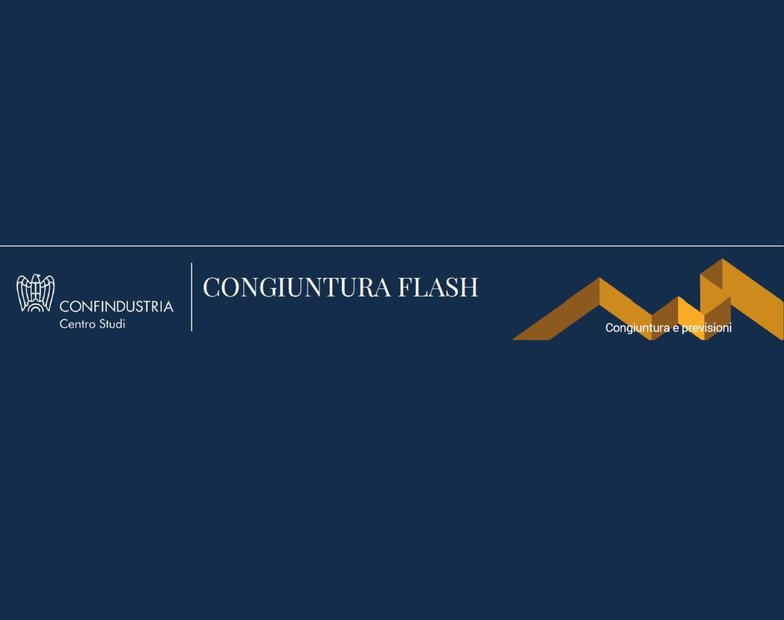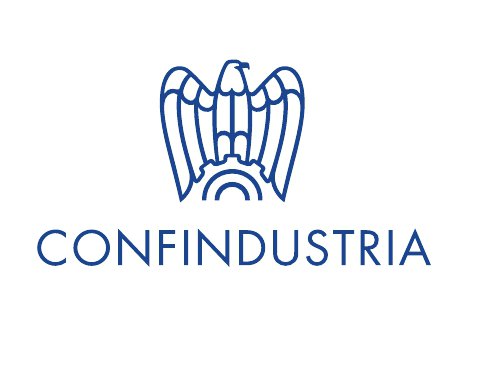In an interview with @Shoe Intelligence, Ahmed Fawad Farooq, secretary general of the Pakistan Footwear Manufacturers Association (PEMA), has outlined how Pakistan is benefiting from a transfer of production out of China and is seeking to beef up its footwear industry to meet growing demand.
Many industry experts have indicated that footwear manufacturing is moving out of China to countries with cheaper production costs or that are closer to consumer markets. Is Pakistan benefiting from that trend?
Business is shifting out to Pakistan from China due to the supply chain issues caused by the Covid-19 pandemic and a rise in labor costs in China. The shift is noticeable, and it actually started six or seven years ago, when China decided to focus on high-technology and high-value production. The Covid-19 pandemic reinforced the movement, as international brands were concerned about their supply chains and Pakistan did not introduce lockdowns for exporting industries.
What is the current situation in Pakistan?
Top manufacturers are currently working at 100 percent capacity and are fully booked for the next six to eight months. We need to add more production lines to be able to seize existing business opportunities. The government is helping local industrialists and exporters.
What government measures have been implemented to support footwear manufacturing?
The government has set up special economic zones with a ten-year tax holiday. The tax holiday is available for local and foreign investors and kicks off when production starts. There are duty exemptions on imported raw materials and the Pakistani government offers handsome rebates to exporters. We have seen some foreign investors coming to Pakistan, but many foreigners are still unaware of the financial support available in the country.
Some figures
According to data provided by PEMA, Pakistan has ten factories producing more than 5,000 pairs of shoes a day, about 150 mechanized units producing 2,000 to 5,000 pairs daily, and some 5,000 semi-mechanized units manufacturing up to 2,000 pairs a day.
The country produces 512.6 million pairs of shoes annually, of which 16.6 million exported for a total value of $150 million. Imports stand at 15.0 million pairs, for a total value of $43 million. The footwear industry employs about two million people in Pakistan.
In an effort to promote the Pakistani footwear industry, PEMA helped 12 Pakistani businesses exhibit at Expo Riva Schuh & Gardabags, which was held on June 11-14 in Riva del Garda, Italy. Shoe Intelligence interviewed a couple of the companies present at the trade show.
Pakistani shoemaker Starlet wants to join forces with a Chinese partner
The Starlet group, a large and growing Pakistani shoemaker based in Lahore, is interested in joining forces with a Chinese partner that could help bolster its research and development activities and improve its supply chain, while Starlet could in turn provide a competitive manufacturing base. The group currently relies on Brazilian and Dutch experts for quality control and research and development.
The group is open to any form of partnership, but sees a joint venture as probably the best option. Starlet has several activities, among them the manufacturing unit AHS, the e-commerce business ABS and the distribution of the Chinese sportswear brand Peak in Pakistan. Along with the footwear facility, the group runs a 52,000-square-foot tannery.
“Chinese production is moving to Pakistan, India and Bangladesh, as labor costs are higher in China and there are supply chain issues,” said Ali Saleem, a director of Starlet group, referring to the disruption caused by the outbreak of the Covid-19 pandemic.
“We are also seeing big developments in the domestic footwear market. Many new foreign investors are coming to Pakistan, and some local companies are investing, like garment manufacturers that are diversifying into footwear,” he added.
AHS is predominantly a manufacturer of men’s shoes, with a strong presence in safety shoes. But the company is seeking to diversify its product range and started a women’s collection a couple of years ago. Men’s shoes still represent about 90 percent of the company’s output, but over time it aims to split its production equally between men’s and women’s footwear.
“Women’s shoes are a new business for us. Being more oriented towards fast-fashion, we had to hire designers for the women’s collections. Currently we have 40 people in the design team, of whom about 12 are designers. Daily, they can produce 25 new styles, but we want to increase that to 100, so we will have to hire sux to eight more designers for the women’s collection,” explained Saleem.
AHS has an annual production of over 2.0 million pairs, of which about two-thirds go toward the domestic market and the rest toward exports. About half of exports are made up of safety shoes for brands such as Elten and Bata Industrials.
The company’s main export markets are Germany, the Netherlands, Belgium, Italy, the U.K., France, Japan, Iraq, United Arab Emirates, Saudi Arabia and Kuwait.
AHS’s footwear factory covers 87,000 square feet and employs over 1,000 people. The company estimates that it could reach an annual production capacity of 3.0 million pairs this year just with the addition of machinery. The company has also bought an adjacent 871,200-square-foot plot of land that could be used to further increase the size of the footwear facility or host joint ventures.
Like other local producers, AHS is having to deal with higher raw material costs and power outages, which are mitigated by its own backup generator.
The company’s key house brand is Starlet, which is sold domestically and abroad. In Pakistan, the brand’s shoes retail at €15-70 a pair. They are available at more than 1,000 wholesale clients, but the brand also has a network of over 50 stores, mainly directly operated and solely present in Pakistan. During the Covid-19 pandemic, export industries were hardly affected by lockdowns in Pakistan, but restrictions were imposed on domestic activities, which froze the expansion of Starlet’s store network, but it also prompted a surge in online sales. E-commerce sales currently represent the equivalent of about five physical stores for the brand. The company now plans to expand its store fleet by five stores a year.
Some shoes are also sold under the AHS name domestically or at clients’ request. The brand has the same price positioning as Starlet. The company also has a premium brand called ABS, which retails at €40-100 a pair and is only available online.
EPCT sets its sights on the North American market
EPCT, a leading Pakistan tannery and footwear manufacturer belonging to the Ayesha Group, which also has a large textile arm, is considering the North American market for exploration in the coming couple of years.
EPCT launched its footwear activity in the early 1990s, as it diversified from its existing tanning activity into higher-valued added goods. The shoe business’s current operating margin is more than twice that of the tanning business.
The footwear business focuses on men’s shoes, which represent about 80 percent of sales. The remaining 20 percent of the top line stems from women’s shoes, for which EPCT offers a wide range of models, high heels excluded.
Equipped with five production lines, EPCT’s footwear factory in Lahore has a maximum daily production capacity of 3,000 pairs.
EPCT achieves 70 percent of its footwear revenues in the EU and the U.K., working with private labels for footwear chains and supermarkets. In the EU, the main markets are Spain and France. The remaining 30 percent of the footwear business is generated in Pakistan, where the company has a domestic brand called Epcot, which has a network of mono-brand stores.
“We want to explore the North American market,” said Faizan Javed, a company director and third-generation member of the family that owns the group. “It is a different market, so we will have to offer different models,” he added.



